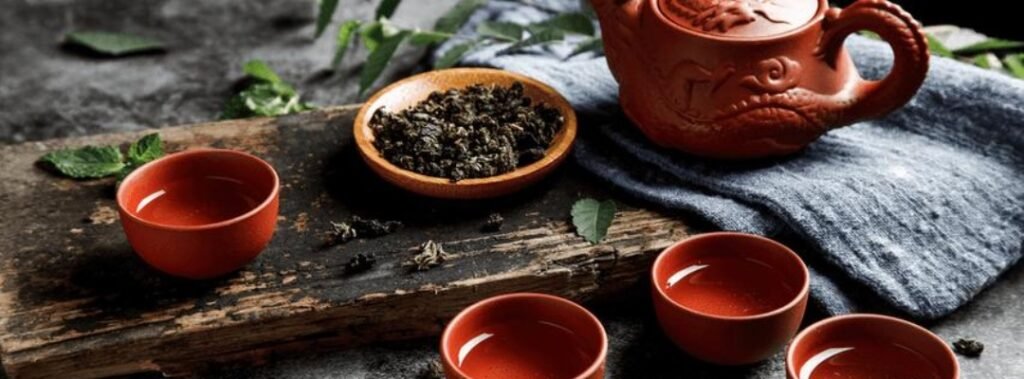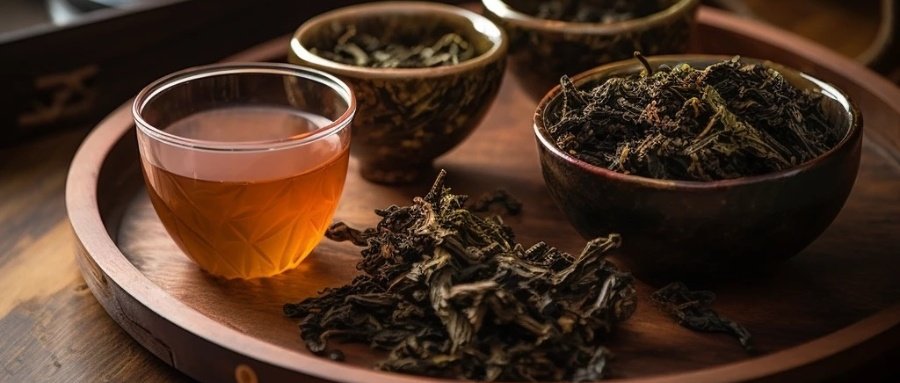In the endless quest for health and longevity, tea emerges as a timeless ally, revered not only for its calming essence and complex flavors but also for its immune-boosting properties. This humble beverage, steeped in thousands of years of tradition, carries within its leaves a potent mix of compounds capable of enhancing the body’s defenses. From the misty hills of ancient tea plantations to the modern-day mug, tea offers a sip of wellness that transcends cultures and generations. This blog explores the intricate ways in which various types of tea contribute to immune health, providing a natural bolster against illness.
Tea’s Immune-Boosting Compounds
At the heart of tea’s health benefits are its bioactive compounds, including catechins, theaflavins, amino acids, and polysaccharides. These substances engage in a symphony of interactions within the body, supporting and enhancing the immune system through various mechanisms.
Antioxidants: The Cellular Protectors
Tea is rich in antioxidants, such as catechins in green tea and theaflavins in black tea, which protect cells from oxidative stress and inflammation—two conditions that can compromise immune health. By neutralizing free radicals, tea’s antioxidants not only prevent cellular damage but also bolster the body’s ability to fight off infections.
L-theanine: The Mind-Body Connector
L-theanine, an amino acid found predominantly in tea, particularly green tea, plays a unique role in immune support. By promoting relaxation and reducing stress, L-theanine can mitigate the adverse effects of stress on the immune system, ensuring it remains alert and effective. Furthermore, studies suggest that L-theanine may enhance the activity of certain white blood cells, key players in the body’s defense against pathogens.
Alkaloids: The Microbial Fighters
Tea contains alkaloids, including caffeine, theobromine, and theophylline, which have been shown to possess antimicrobial properties. These compounds can help the body fend off bacterial and viral infections, providing a natural line of defense against common illnesses.

The Spectrum of Tea: A Cup for Every Defense
Green Tea: The Antioxidant Powerhouse
Green tea is often hailed as the epitome of healthful teas, thanks to its high concentration of EGCG (epigallocatechin gallate), a potent antioxidant. Regular consumption of green tea has been linked to enhanced immune function, including improved antibacterial and antiviral responses, making it an excellent choice for immune support.
Black Tea: The Gut Health Guardian
Black tea, with its rich theaflavins content, has been shown to promote gut health—a crucial aspect of immune function, given that a significant portion of the immune system resides in the gut. By fostering a healthy gut microbiome, black tea can enhance the body’s ability to ward off pathogens and maintain overall health.
Herbal Teas: The Botanical Boosters
While not “true teas” in the strictest sense, herbal teas made from herbs, spices, and plants are also valuable in supporting immune health. Ingredients like echinacea, ginger, and elderberry are known for their immune-enhancing properties, offering a botanical boost to the body’s defenses.
Brewing Immunity: Tips for Tea Consumption
Variety and Moderation : Incorporating a variety of teas into your daily routine can provide a broad spectrum of immune-supporting compounds. However, moderation is key, as excessive consumption of certain teas can lead to undesirable effects due to their caffeine content.
Quality Matters: Opting for high-quality, organic teas can ensure you’re getting the most beneficial compounds without the drawbacks of pesticides and contaminants.
Mind the Temperature: Brewing tea at the right temperature can maximize the release of beneficial compounds. Green tea, for example, should be brewed at a lower temperature than black tea to preserve its delicate catechins.
A Complementary Approach
While tea can significantly support immune health, it should be part of a holistic approach to wellness, including a balanced diet, regular physical activity, adequate sleep, and stress management. Tea is not a panacea but a complementary ally in nurturing the body’s defenses.

Tea, in its essence, is a brew of vitality, offering a blend of compounds that can enhance and support the immune system. As we embrace the ritual of tea drinking, we also welcome its protective embrace, shielding us against the unseen threats of illness. So, the next time you steep a cup of tea, remember that you’re not just indulging in a moment of tranquility—you’re also fortifying your body’s defenses, sip by nurturing sip.
